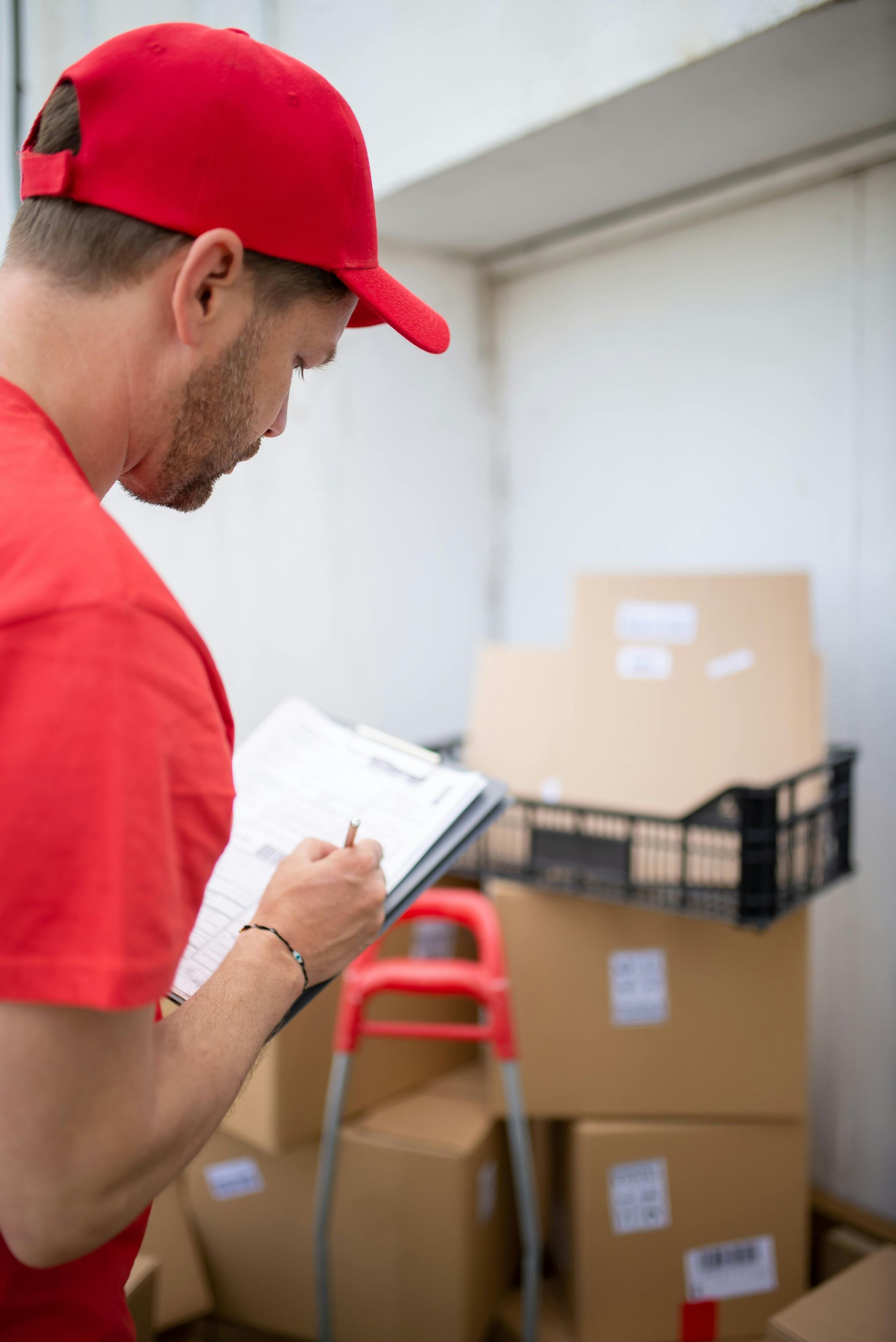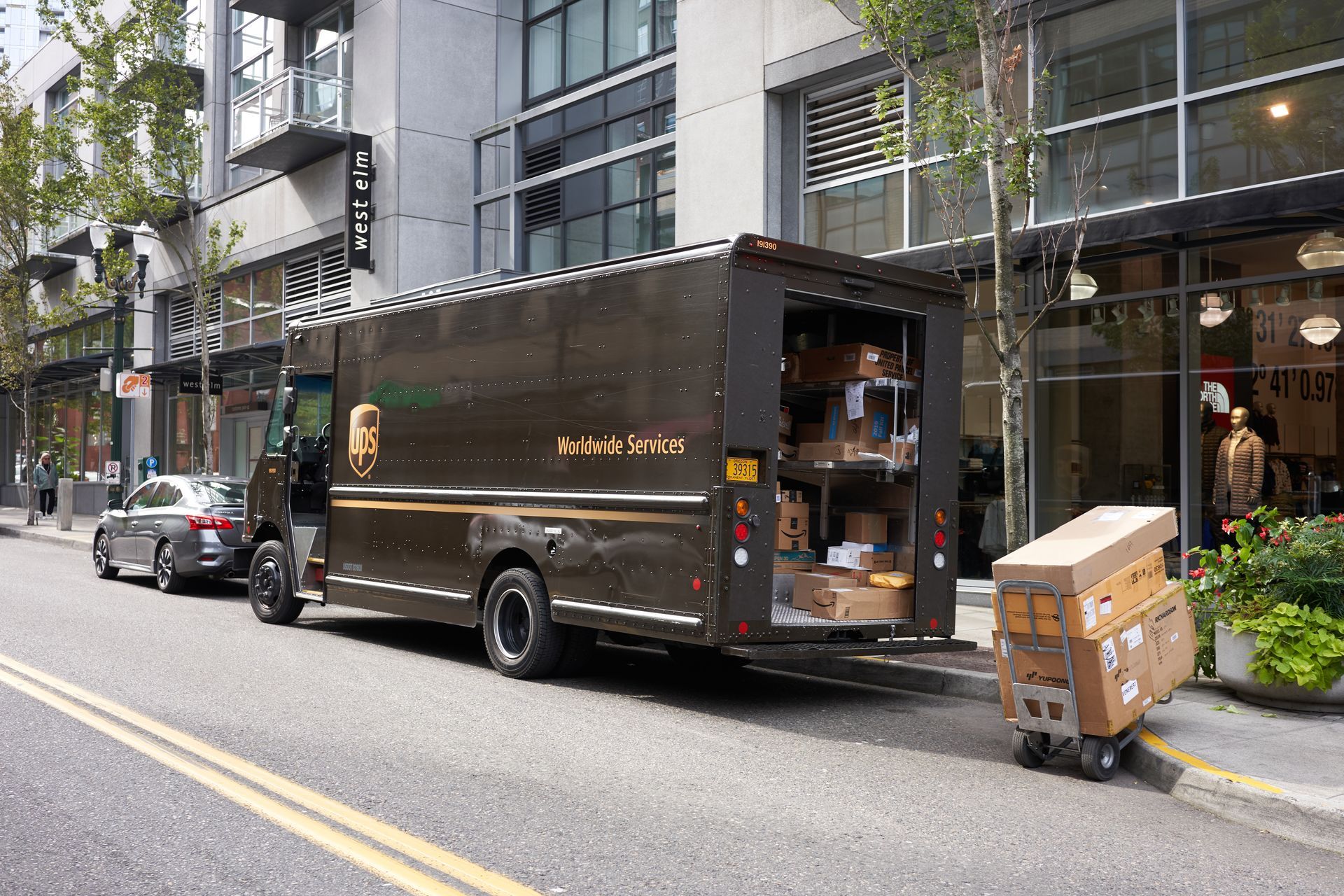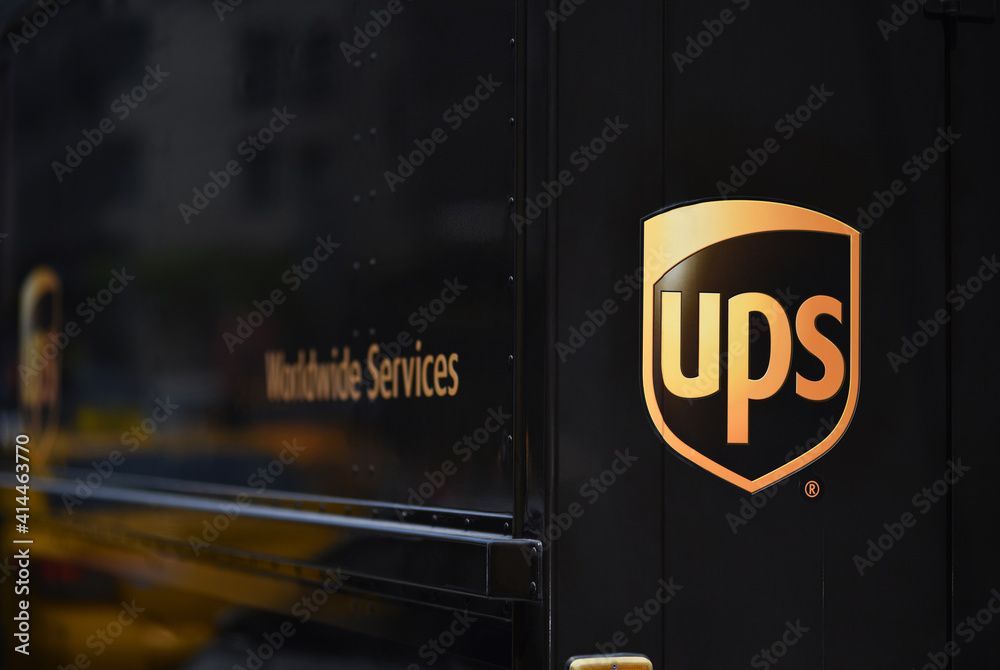Small Parcel Audit
Auditing of small parcel shipping operations offers an in-depth examination of your shipping activities to detect errors that could cost money.

Auditing of small parcel shipping operations offers an in-depth examination of your shipping activities to detect errors that could cost money. This process compares rates negotiated with carriers against invoices for each shipment to detect issues like duplicate charges and misapplied discounts.
There are numerous shipping carriers who provide refunds for service failures, and an audit can reveal these opportunities. Common examples of service failures include address correction charges, incorrect dimensional weight measurements, late deliveries or late pickups.
Why They’re So Important
Small parcel audits reveal errors, savings opportunities, and ways to optimize shipping decisions. This allows for improved rate negotiations with carriers, resulting in long-term financial benefits; but their true value lies in eliminating time-consuming tasks like filing claims, disputing declination letters, and verifying that promised credits actually show up on invoices - so you can focus on other business-driving tasks instead. By hiring a third-party, you are freed to concentrate on driving forward your business!
Parcel carrier prices change frequently. Therefore, it is essential that businesses implement an automated freight audit process capable of keeping up with them and optimizing shipping operations to prevent costly mistakes that could harm profits and limit customer satisfaction levels.
Errors on shipping invoices can quickly add up, especially for businesses operating with thin margins. There are solutions to correct errors before they add up quickly; including seeking refunds from your parcel carrier.
However, many companies lack the resources or in-house teams available to conduct such an audit manually or rely on in-house teams which are stretched too thin to do it effectively. Instead, many opt for companies offering parcel audit services which have dedicated databases with full visibility of each shipment's origin to destination as well as charges and fees associated with it - making it easy to spot extra fees such as address correction charges that don't belong or overcharges on dimension weight charges that shouldn't exist.
By identifying errors and requesting refunds from carriers, you'll save more money in your bank and be able to reinvest those funds back into your company - for product development, hiring new employees and expanding business growth. Every dollar that gets lost to shipping invoice errors means one less dollar that's available to grow your business.
How They Look For Errors
Shipping expenses account for an enormous portion of logistics businesses' budgets, often comprising 5-10% of their revenue. Therefore, shippers need to ensure they're getting maximum value out of their shipping rates - one way of doing this is parcel invoice auditing.
Parcel invoice auditing involves carefully combing through shipping carrier invoices in search of errors and overcharges. While traditional audit methods required employees to physically go through multiple invoices and manually run down delivery statuses, automated software now exists which can perform this same work more quickly - saving valuable human capital that can be better allocated towards other tasks.
Automating this process also ensures refund claims are filed swiftly and effectively, saving shippers an immense amount of money when multiple mistakes are identified over time. Software will typically file claims automatically with carriers when an error or overcharge has been identified - saving shippers time and money!
Many shipping carriers provide comprehensive refund policies, which can help a logistic business maintain high service standards while realizing maximum profits. For them to compensate, an invoice audit must first bring the issue to their attention - that is why parcel invoice auditing should always be performed prior to any claim made against them.
Examples of shipping carrier invoice errors include avoidable address correction charges; incorrect dimensional weight charges due to carrier mismeasurements of packages; overcharged accessorial fees such as fuel surcharges or residential delivery fees for commercial locations; and double billing shipments (billing more than once).
Resolving these issues promptly can provide logistic businesses with substantial financial benefits. For example, late deliveries and voids can be leveraged against carriers for lower rates in future carrier contracts; inaccurate dimensional weights can be corrected through refund requests to carriers.
How They Can Save You Money
Audits may seem like minor tasks when planning logistics, but they can save your business thousands. By analyzing shipping data and carrier contracts, auditors can uncover invoice overcharges or billing errors that reduce shipping costs while also improving company performance.
No matter if it involves manual methods, automation software, or both - small parcel audits provide your team with the data and insights required to detect inaccuracies in shipping invoices and rates. Common errors include incorrect surcharges or duplicate charges, overcharges related to inaccurate weight entries, misapplied shipping rates or misapplication. Over time these errors could cost your business significantly in unneeded services that it pays for but doesn't need.
Once you've reached an agreement with a carrier, ensuring your negotiated rate is applied accurately is crucial in keeping costs under control. A small parcel invoice audit can also help reclaim any overcharges missed during negotiations so your business doesn't pay too much for services it doesn't need.
Not only can finding these errors save your business money, but identifying these misdeeds can can give you leverage when renewing or seeking better terms on contracts with carriers. If they mischarged you and were in error, not only can you claim back your payment but perhaps negotiate lower rates as well.
Small parcel audits can also help keep costs under control by highlighting opportunities to streamline operations and reduce unnecessary shipping costs. For instance, if your organization regularly ships large numbers of items that don't belong in ground transport, an auditor might point out how switching them over to air transport would significantly cut expenses.
Additionally, your shipments could qualify for zone 4 pricing but you could be overpaying. By reviewing your shipping data and checking whether the information on carrier invoices is accurate, you can check if any overcharges occur and request a refund from them if any apply. Read more on Parcel Audit Software.
The Dos and Don’ts
Small parcel auditing may seem like just another task on a supply chain's list, and it can actually be a powerful strategy to control shipping costs and ensure businesses only pay for what they actually send out. Audits also help strengthen relationships with carriers by showing them they value being part of your supply chain and by guaranteeing accurate invoices for them.
Errors on invoices can cost businesses thousands, from measurement discrepancies (such as misrecording size or weight of packages) to duplicate charges that occur because parcel volumes increase significantly. Unfortunately, finding these errors manually is often ineffective; many supply chain leaders now rely on AI technology such as anomaly detection to transform their freight auditing process without human errors causing mistakes that slow it down further.
These technologies make the arduous task of manually inspecting and comparing carrier invoices an automated affair, continually checking data in real time to detect errors before they become issues. As a result, businesses benefit from an improved process with lower operating costs that provides significant cost savings potential.
Automation can also reveal hidden errors in your shipping practices that you weren't previously aware of, providing insights that help streamline and save even more money over time.
Finding a freight auditing software capable of meeting today's evolving e-commerce rates, driver shortages, rising fuel costs and mounting financial strain can be critical to your shipping success. For optimal shipping results, look for companies offering comprehensive freight payment and auditing systems complete with a dedicated team of specialists managing this entire process.
Mindful Logistics makes small parcel audits more than just another checkbox on your supply chain to-do list; it helps establish strong relationships with carriers who will likely step up their game in response. This could mean faster package deliveries or renegotiating contracts to meet specific customer requirements.
Ready to work with Mindful Logtistics?
Let's connect! We’re here to help.
Send us a message and we’ll be in touch.
Or give us a call today at (919) 368-6169
Agency Contact Form
More Info on Shipping and Saving




